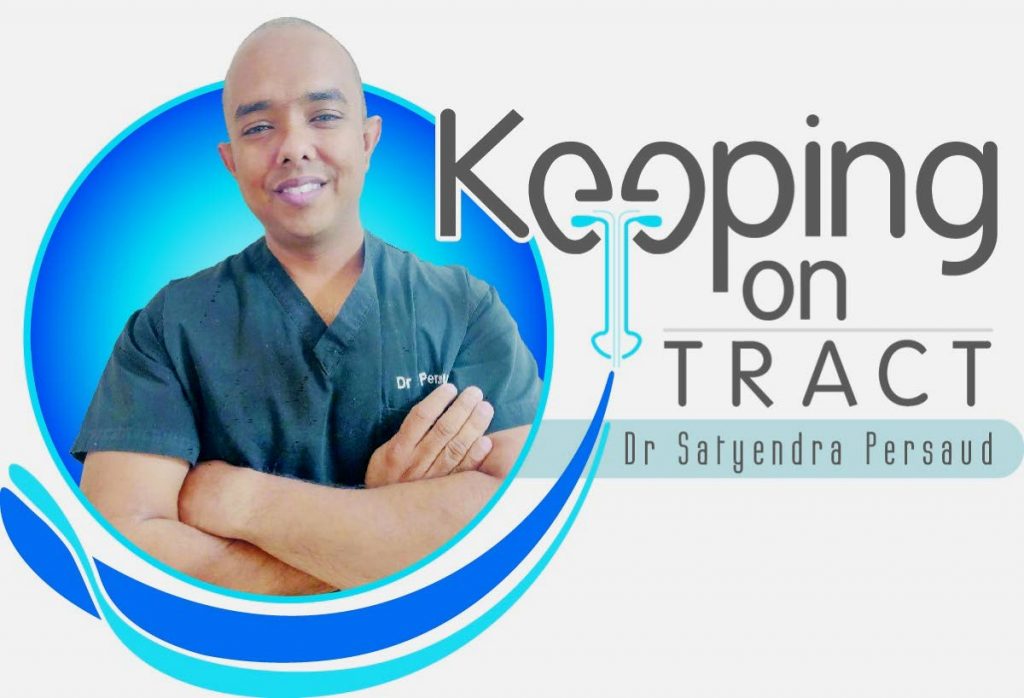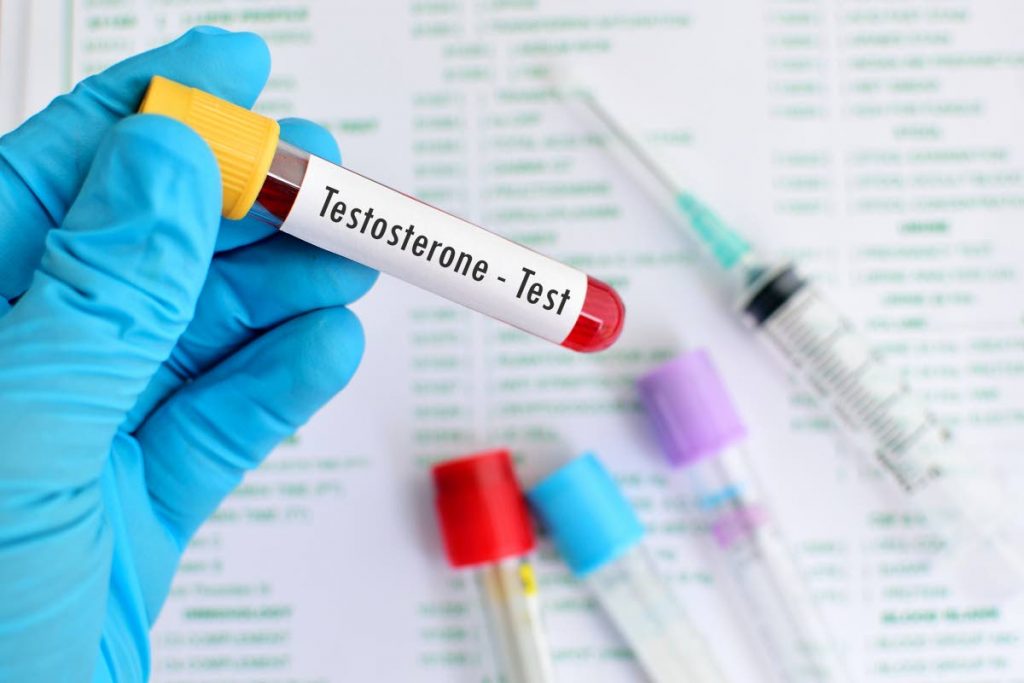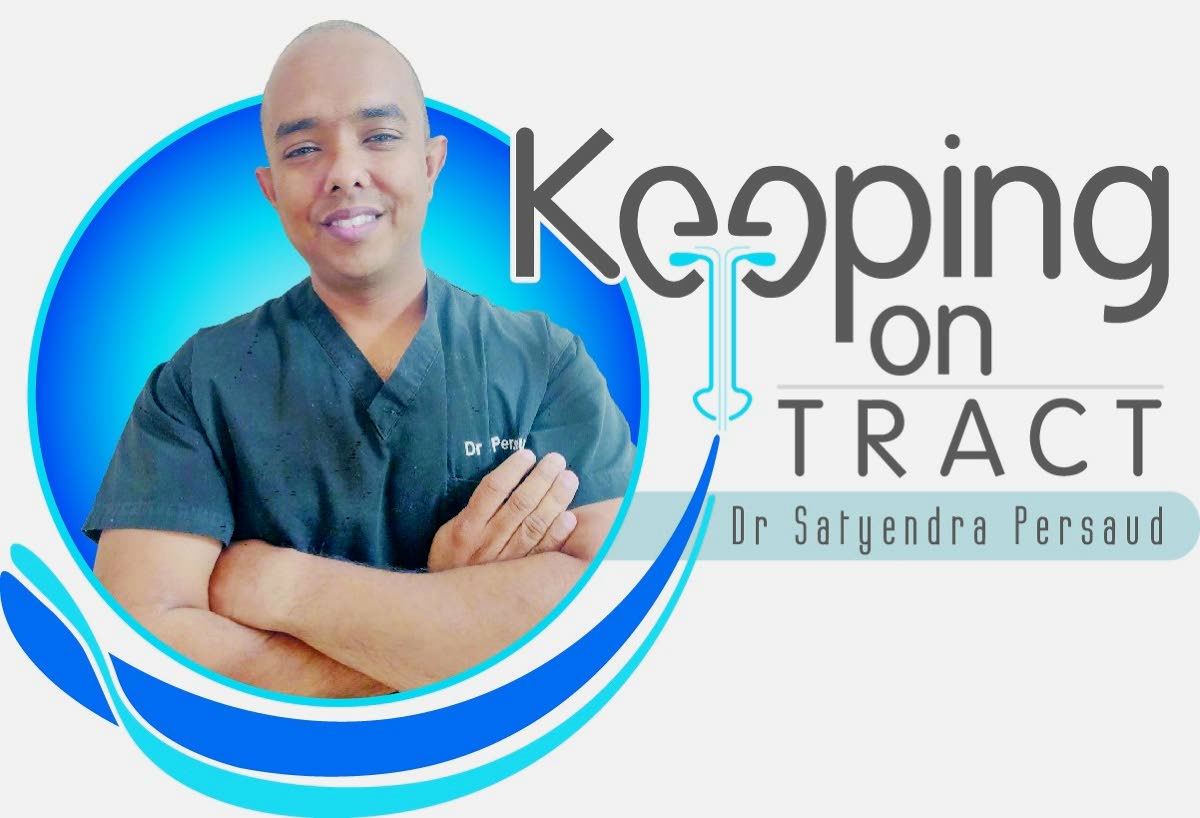Low testosterone in men

What is testosterone?
Testosterone is a hormone secreted primarily by the testicle in the male and it is important in promoting normal sexual development and function in males. It is responsible for the development of features such as a deep voice, facial hair and muscle strength. Testosterone is necessary to make sperm. As men age, their testosterone levels fall.
What causes low testosterone?
A number of things can cause low testosterone values including genetic problems, infection, chemotherapy, damage to or removal of the testicles, problems in the brain, ageing, obesity, alcoholism, chronic illness and certain medications including anabolic steroids. The metabolic syndrome is common among our population and is associated with low testosterone – this includes high blood pressure and blood sugar, high cholesterol and central obesity (a big belly). This list is not exhaustive, however, and in some cases a cause may not be readily apparent.
What are some of the symptoms of low testosterone?
Symptoms of low testosterone include low sex drive, erectile dysfunction, infertility, depression, fatigue, moodiness, loss of concentration and loss of muscle strength. One may also note anaemia, weight gain and a decrease in body hair. The man with low T just does not feel like himself anymore.
What happens if your urologist suspects low testosterone?
Your urologist will look for things in your history that may lead to a drop in testosterone. He will also conduct a physical examination and this includes a prostate and genital examination. Your urologist will request a blood testosterone level along with some other hormones – the testosterone is usually measured in the morning hours when levels are highest. He may also request a PSA (prostate test), blood count, blood sugar, lipids and other more specialised tests depending on your history and physical examination.

How is low testosterone treated?
If there is a specific cause for your low testosterone, treatment may be directed at the root cause. Additionally, obese men find may find weight loss beneficial. There are a number of different ways to administer testosterone including transdermal, oral/buccal, nasal, injections and implantable pellets. Transdermal simply means through the skin and includes gels, creams and patches. Injections are usually given under the skin or into the muscle and some may last several months – this is the most common version used in TT. Buccal testosterone is administered as a patch placed above the teeth. Testosterone tablets should be used with caution as the levels may vary and some oral preparations have been associated with liver damage and liver cancer.
Are there problems with testosterone replacement?
Testosterone should not be given to men who have a desire to have children as it will lower the sperm count. As such, it should not be used as primary therapy in men with low T and a low sperm count as it will have the opposite effect. It should also not be used in men with untreated or advanced prostate cancer, male breast cancer or severe heart failure.
While there is no strong evidence that testosterone replacement causes prostate cancer, it is prudent for your urologist to assess your prostate prior to commencing treatment. My best advice is that you discuss your risk of prostate cancer with your urologist. Your prostate will also be monitored during treatment and this is done with periodic blood tests and prostate examinations.
Testosterone may be offered to men who have been cured of low risk prostate cancer but they should be carefully followed. Testosterone may also cause increased red blood cell levels and you will also be assessed for this before and during treatment. Men with a history of heart disease may be candidates for testosterone replacement but their heart treatment should be optimised and they too should be closely monitored. You should also take care not to expose women and children to testosterone application sites if using topical treatment.
It is important that your urologist also measures your testosterone levels from time to time in order to ensure he gets your levels right.
Dr Satyendra Persaud is a lecturer in urology at the University of the West Indies and is responsible for both undergraduate and post graduate teaching. He is a consultant based at the San Fernando General Hospital and is co-ordinator of the Residency Program in Urology. He is a Fellow of the Royal College of Surgeons of England.



Comments
"Low testosterone in men"